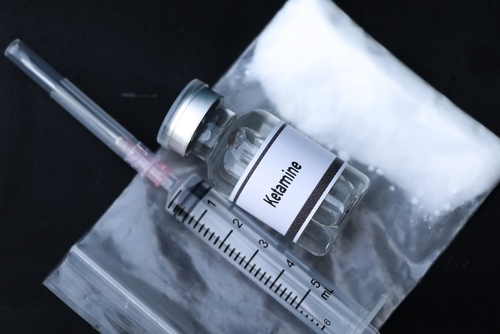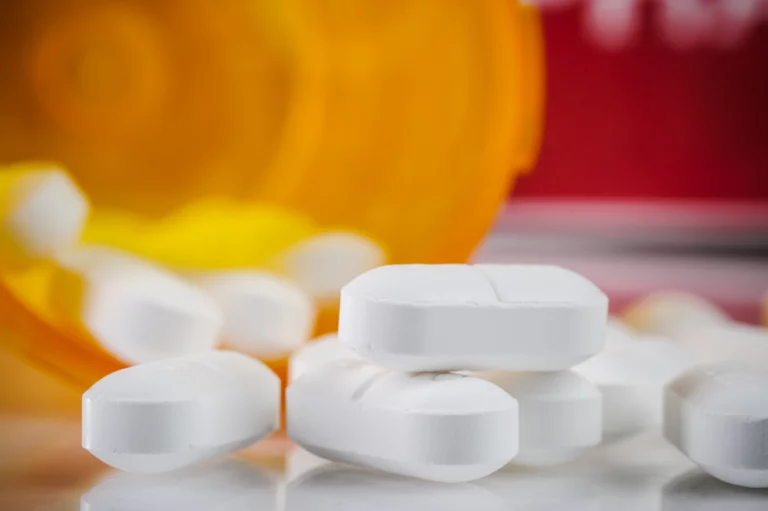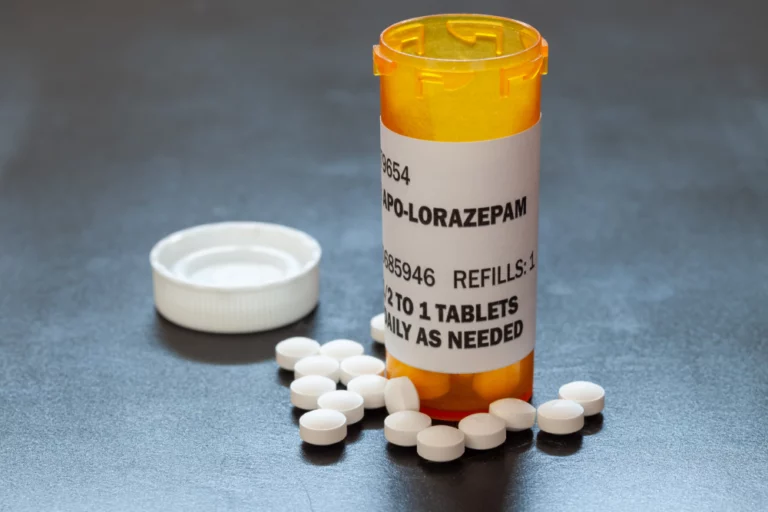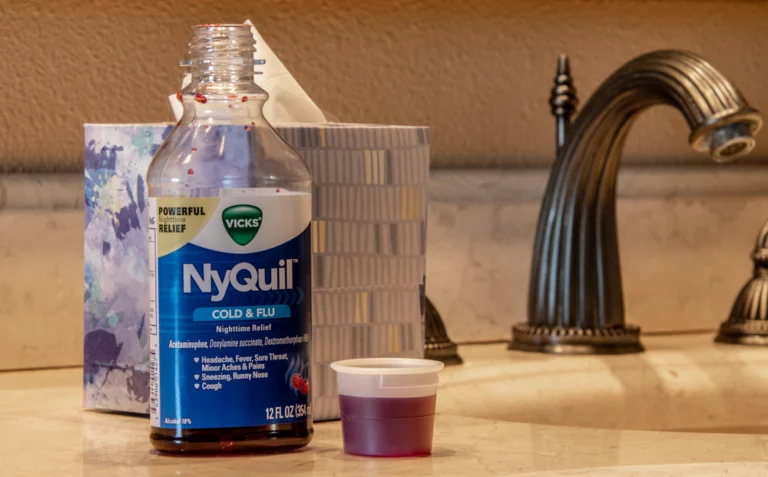Ketamine, a rapidly growing dissociative drug, has historically been used for medical purposes but is recently seeing a shift in recreational and even therapeutic use. As ketamine use grows, the concern for the risk of addiction and overdose does as well. In this article, we will explore the potential for ketamine addiction, if an individual can overdose on ketamine, and the measures that can be taken to prevent ketamine overdose.
What is Ketamine?
Ketamine is a medication and a recreational drug that is classified as a dissociative anesthetic. Ketamine, also referred to as “special k” or “vitamin k”, is known for its ability to produce a trance-like state of consciousness, providing pain relief, sedation, and amnesia. It is used in various medical procedures, particularly for surgical and other medical purposes.
In addition to its medical uses, ketamine has gained attention for its recreational and off-label uses. When used recreationally, it can produce hallucinogenic and dissociative effects, which may lead to altered perceptions of reality, time, and self. It is sometimes used for its mind-altering properties and can result in both euphoria and hallucinations. However, these euphoric and hallucinogenic effects can also increase the risk of accidents and even death.

Is Ketamine Addictive?
Yes, ketamine has the potential for addiction and abuse. However, its addictive properties are generally considered to be lower than those of some other drugs, such as opioids or stimulants.
The addictive properties of ketamine can result from regular and repeated use, which can lead to tolerance and withdrawal symptoms when use is discontinued. In lower doses, an individual may notice changes in how they perceive things, like their body, what they see and hear, and their sense of time. They might also feel disconnected from themselves and their surroundings. However, when someone takes high doses of ketamine, they can experience significant physical and mental side effects.
Read More: Cocktail Drugs: A Closer Look at Polydrug Use
Can You Overdose on Ketamine?
Yes, you can overdose on Ketamine. While a single dose of ketamine is rarely deadly, the risk of overdose rises when ketamine is used alongside other substances, particularly alcohol, benzodiazepines, or other drugs that can affect the central nervous system. Ketamine can produce a range of side effects, and these effects depend on the amount taken.
When taking high doses of ketamine, an individual may experience:
- Increased heart rate
- Elevated blood pressure
- Respiratory depression
- Anxiety
- Paranoia
- Disorientation
- Hallucinations
- Seizures
In some cases, high doses of ketamine can create an experience often called a “K-hole,” which feels like complete sensory detachment from reality. This is described as a near-death or out-of-body experience and can be psychologically challenging, leading to symptoms such as ketamine-induced psychosis and ulcerative cystitis.

What is Ketamine-Assisted Therapy?
Ketamine-Assisted Therapy (KAT) is a treatment approach that combines the use of ketamine with psychotherapy for the management of various mental health conditions. This therapeutic approach is primarily used for individuals who have not responded well to other treatments for conditions like depression, Post-Traumatic Stress Disorder (PTSD), or anxiety disorders.
While there is the risk of overdose and addiction to ketamine, KAT can lead to improved mood, reduced anxiety, and enhanced emotional regulation in some individuals. As KAT is a relatively new treatment approach, more research is needed to better understand its long-term effectiveness and safety. In the meantime, individuals using KAT should do so under the supervision of medical professionals and be aware of the possibilities of ketamine addiction and overdose.
Preventing Ketamine Overdose
Preventing a ketamine overdose is essential when taking the substance, whether it’s medically or recreationally used. Some of the most common ways to prevent ketamine overdose may include:
- Use Ketamine as Prescribed: The most effective way to prevent a ketamine overdose is to avoid recreational misuse of the drug. Using ketamine for non-medical or non-therapeutic purposes significantly increases the risk of overdose.
- Know Your Tolerance: If you have a history of ketamine use, be aware of your own tolerance and how your body responds to the drug. Start with lower doses, especially if you haven’t used ketamine in a while, to avoid taking too much at once.
- Do Not Mix with Other Substances: Avoid combining ketamine with other substances, particularly central nervous system depressants like alcohol, benzodiazepines, or other drugs. As ketamine is often considered a “club drug”, it is also common to see it combined with MDMA to enhance the euphoric effects. These combinations can increase the risk of overdose and cause dangerous interactions.
- Know the Signs of Overdose: Familiarize yourself with the signs of a ketamine overdose, which may include difficulty breathing, rapid heart rate, high blood pressure, severe confusion, hallucinations, and loss of consciousness. If you suspect that you or someone around you are experiencing a ketamine overdose, seek immediate medical attention.
Learn More: Habit vs Addiction: What’s The Difference?

Ketamine Addiction Treatment Services Available in Knoxville, TN
If you or a loved one is struggling with ketamine addiction and seeking a path to recovery, help is available at Knoxville Recovery Center. Our dedicated team of medical professionals is committed to providing comprehensive, holistic, and compassionate addiction treatment services for various substance use disorders. We understand the challenges of addiction and offer personalized programs to support your journey towards a healthier, drug-free life.
Contact us today to learn more about our addiction treatment programs. Your path to a brighter and addiction-free future starts here.








